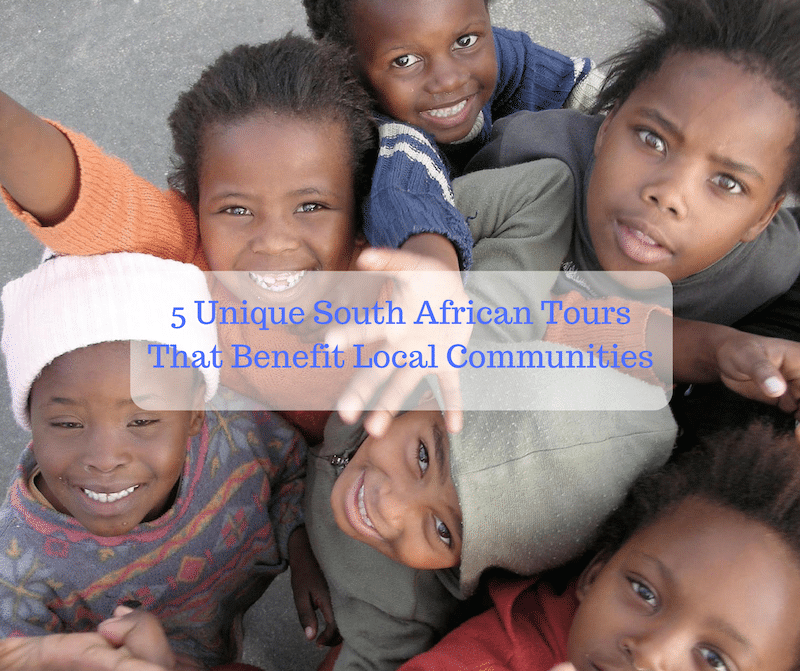
Natural beauty, outdoor adventures and cultural richness make South Africa an incredibly appealing destination.
The country has 11 official languages, representing various cultures each with their own art, music and traditions. In addition the landscape offers beaches and dramatic coast lines in the south to spectacular mountain ranges to desert dunes.
The landscape hosts a wide range of wildlife, and the Big Five is just the beginning of its biological treasures.
To help preserve and enhance South Africa’s ecological and cultural gems, it’s important to support responsible tourism. Epicure & Culture has collected five transformative travel experiences that allow you to truly connect with South Africa while benefiting local non-profits.
Through these tours, your visit can improve the local communities you leave behind.
Read on for a sustainable Africa travel guide.
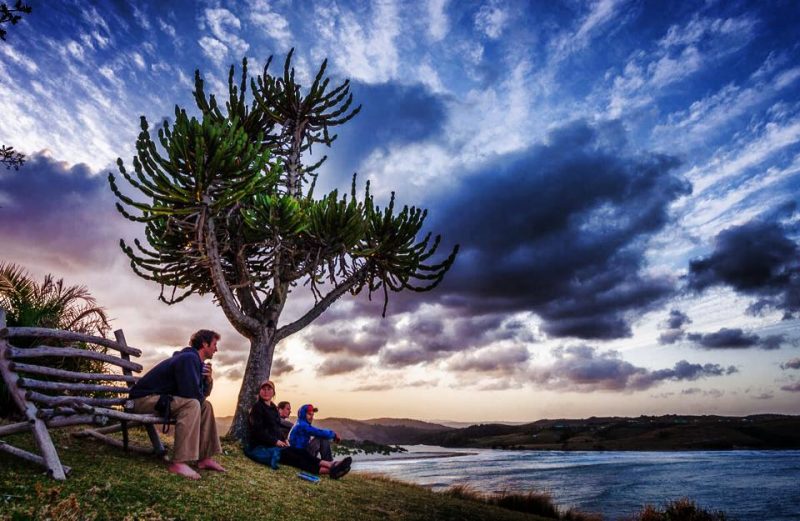
1. Connect With Xhosa In Tshani
Today’s Eastern Cape was originally the “Kingdom of Transkei,” homeland of the Xhosa-speaking Pondo people. Here people still live off the land, plowing fields with oxen, hand-baking bread with traditional methods and relaxing after the day’s hard work with drum circles around a fire.
Visitors can stay at Mdumbi Backpackers to get to know this community. This hostel prioritizes people before profits — the owners are even on the same pay scale as their staff, five of whom own a third of the shares. All shareholders donate 10% of the profits to the community.
Mdumbi Backpackers can connect you to the Xhosa community for an immersive village life experience where you’ll meet locals, hear elders tell stories of Xhosa culture and learn to cook (and eat!) traditional meals. Additionally, the community offers opportunities to fish, cliff dive, surf and explore the outdoors.
This 1-5 hour tour starts at $4. Click here for more information.
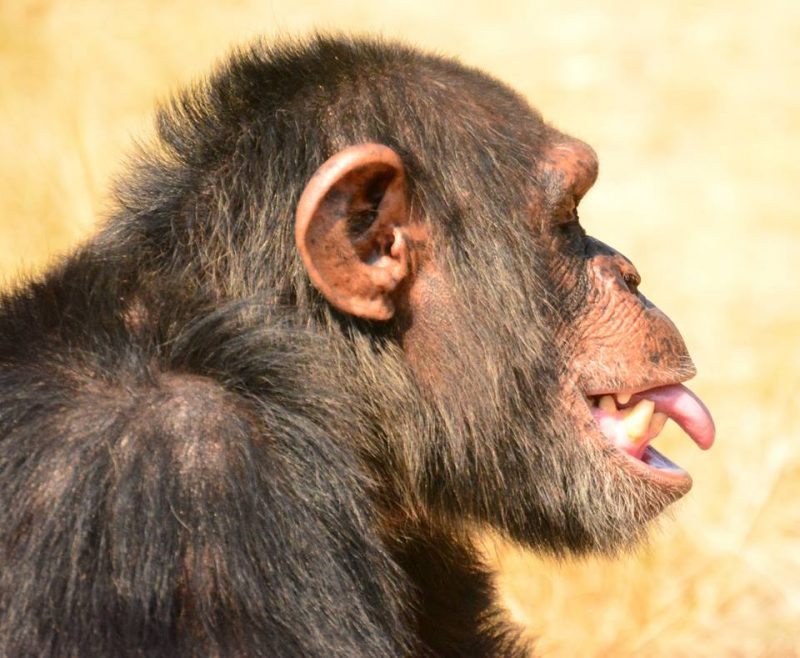
2. Meet The Chimps In Nelspruit
Meeting the monkeys at Chimp Eden, the Jane Goodall Institute of South Africa, isn’t your typical African wildlife encounter; however, it is a fascinating way to support animal rights. The sanctuary is home to chimps that have been misplaced from their natural African habitats, including those who survived the bush meat trade, lost their parents, were traded as pets in the illegal market, or were rescued from being enslaved for entertainment in circuses, beach resorts and night clubs.
During your one-hour visit you’ll hear the chimp’s heart-wrenching histories, see how they interact in their habitat and learn how the bushmeat trade is contributing to potential extinction. It’s an eye-opening experience that will likely push you to want to help the chimps yourself.
This 1-hour tour costs $16. Click here for more information.
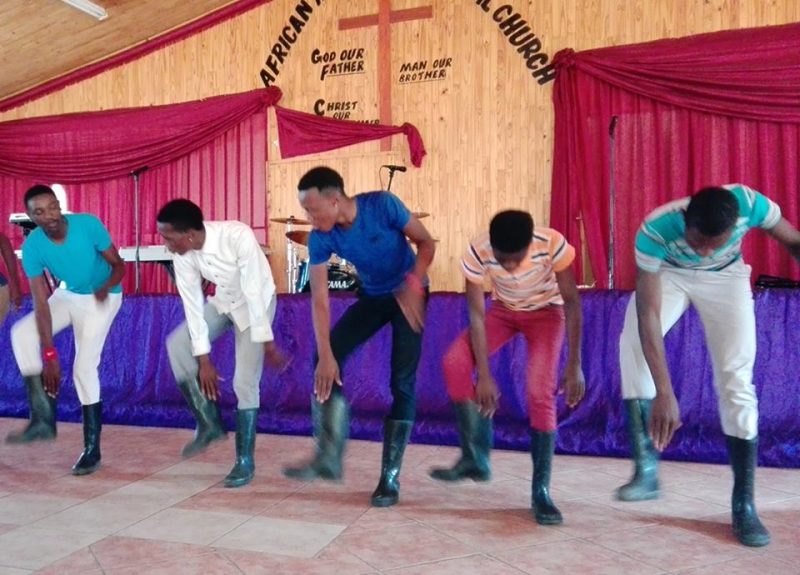
3. Jam With Aspiring Musicians In Mpumalanga
The Casterbridge Music Development Academy (CMDA) began in 2010 to help local children — especially those from disadvantaged backgrounds — develop an interest in the performing arts. Over time they’ve created a community where talented youth are empowered to control their futures.
Visit live music hubs in rural areas around Mpumalanga and enjoy traditional African music and afro-pop. Applaud local performers, mimic their moves, join a drum circle, play marimbas, and get tips for playing guitar or drums. CMDA also works with 2Enable, aka the “School in the Cloud,” providing free high quality education to these rural locations via an app.
A 3-hour jam session starts at $20 per person. Click here for more information.
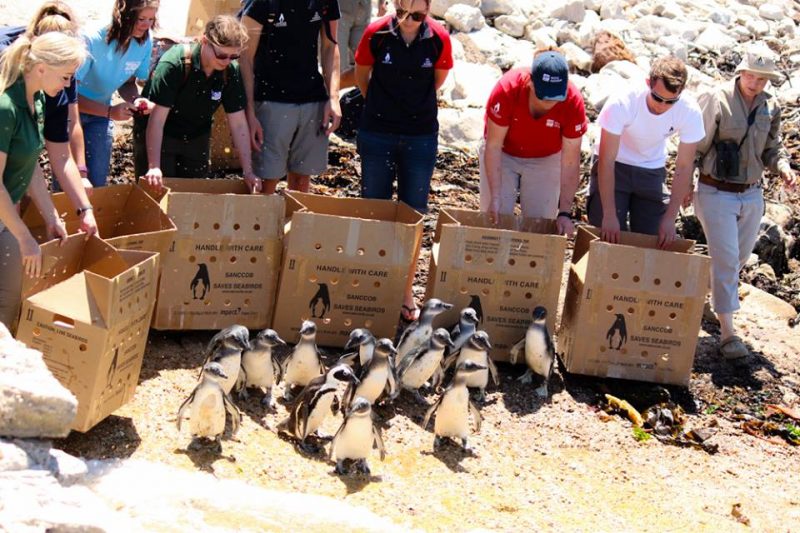
4. Pet Rescued Penguins In Cape Town
You can’t visit Cape Town without seeing the penguin colony at Simon’s Town; though a sustainable alternative is the SANCCOB penguin preserve. This organization is committed to saving African penguins and other threatened seabirds, and they never take a day off. SANCCOB conducts emergency response in Africa, around the Indian Ocean, Antarctica and Sub-Antarctic, and are a leader in seabird disease research — though their training academy also promotes marine conservation through education.
On your tour visit the incubation room to see just-hatched newborn chicks. Witness penguins at various developmental stages, a feeding to better understand nutrition and get to know each penguin’s story. At the end meet Francis, a rescued emperor penguin whose charismatic personality makes her an ambassador of seabirds.
A 1-hour tour starts at $4 per person. Click here for more information.
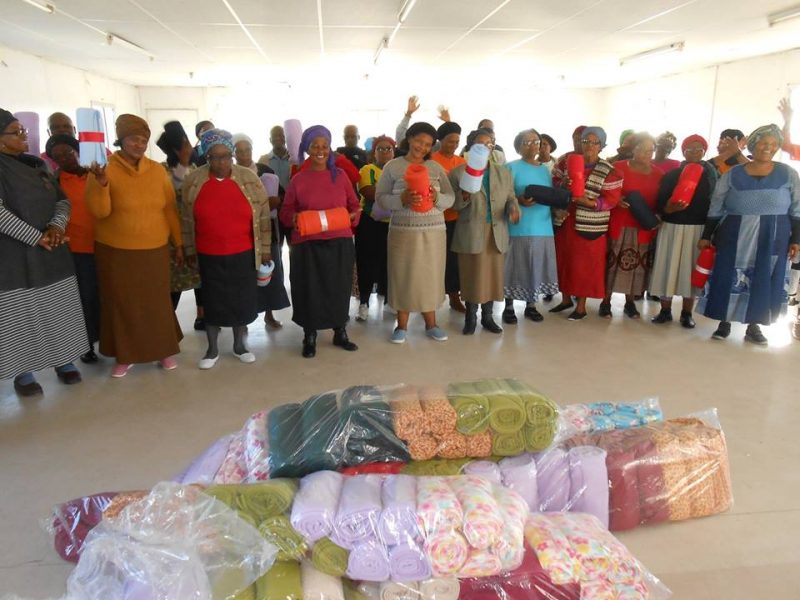
5. Uplift South African Communities In Cape Town
Learn about South Africa’s complex history from the people who lived it with Uthando Tours. “Uthando” means “love,” referencing that their staff love what they do.
Choose up to three different projects to visit on a half-day tour, with some focuses including urban agriculture, youth development, refugee assistance, child care, women’s empowerment through skills and more. You’ll gain a better understanding of the problems plaguing South Africa, while using your tourism dollars to help.
This 4 hour tour starts at $75 per person. Click here for more details.
What responsible tourism-focused things to do in South Africa would you recommend? Please share in the comments below.
Recommended:
Diamonds, Gold & War: The British, the Boers, and the Making of South Africa by PublicAffairs [Great Reads]
Gorilla Trekking In Rwanda Reveals The True Meaning Of Ecotourism [Blog Inspiration]
Stay Fit While Traveling With Yoga On The Go [Travel Health]
Katie Foote
Latest posts by Katie Foote (see all)
- 8 Outstanding Conservation Safaris Around The World - Apr 12, 2022
- These 10 Women Whiskey Distillers Will Make You Crave A Manhattan - Dec 12, 2018
- Ethical Travel: Should You Visit Thailand’s Long Neck Women Villages? - Dec 9, 2018
- 8 Pioneering Vegetarian Vacations Around The World - Aug 13, 2018
- A New Perspective: Can Travel Help Reverse Alzheimer’s? - Aug 5, 2018

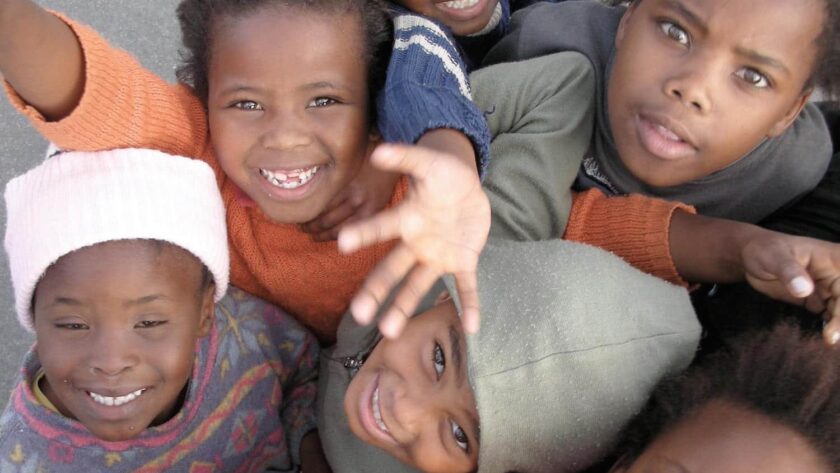
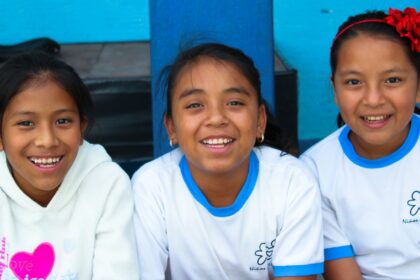
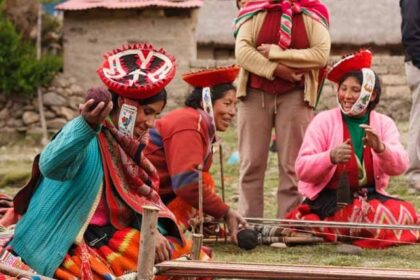


Uthando and Mdumbi are both Fair Trade Tourism certified. Check http://www.fairtrade.travel for great responsible places to stay and things to do. There is also an app!
Nice ideas, people can enjoy a lot of fun activities in South Africa, especially Cape Town. Check travel ideas at http://www.insidetale.com